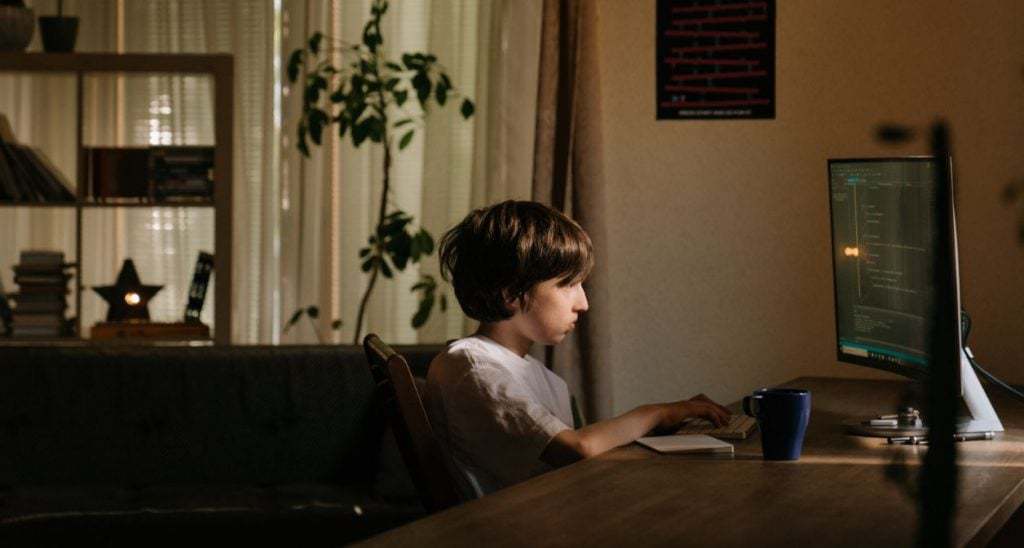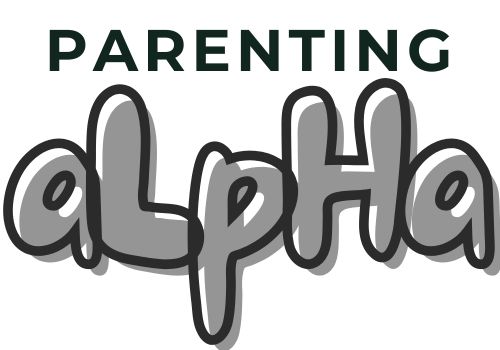Teaching kids to code has become the new fad and literacy in the 21st century! After all, famous personalities such as Elon Musk, Bill Gates, Linus Torvalds, and Mark Zuckerberg learned to code when young.
Linus Torvalds started messing with the computer code at 11, Elon at 10, Bill at 13, and Mark at 11.
Question is, why all the coding excitement?
Well, it is argued that coding exposes children to the backbone of software infrastructure and the ubiquitous Internet of Things. Learning to master both the back-end and front-end of technology is regarded as a necessary 21st-century skill.
You have also probably heard how coding has become the new literacy. It tops the list of conventional literacies such as computer literacy, media literacy, and language literacy.
In essence, not teaching kids to code is equivalent to not teaching them to read and write!
In pursuit of this line of thought, Millennials and other parents are seeking strategies to empower their kids with coding skills!
Arguments For & Against Coding …

Should you, however, send your 5-year-old to some coding boot camp and purchase those enticing Osmo bots and the iRobot Root coding toys? How about playing around with the basics in apps such as Scratch?
Further still, should you download the countless coding apps and games as touted by the so-called experts? Or should you wait until they are 10?
Well, the answer is yes and no!
Here is my take on why you should or not teach your kid to code, very early on!
1. Coding Should be Age Relevant
Coding is a monumental task and can be daunting for very young brains. By all means, teaching kids to code should follow an age-relevant pathway. This will allow them to understand themselves first and the world around them.
When they are self-aware, they will take better care of their health, and absorb the pressures of intensive programming tasks. By learning to co-exist with others, they become better communicators, team workers, and most importantly, humble.
These are crucial soft skills that can make or break a child that has to collaborate with other programmers: some of whom can be outright pains!
Secondly, you may want to consider teaching kids to code after they have mastered literacy skills such as reading and writing.
While it is true early childhood coding is visual by design and may enhance communication, the REAL coding experience kicks in after children have achieved true language literacy.
Third, coding is effective when approached from a problem-solving strategy. This level of maturity goes hand in hand with curiosity, endurance, and persistence. The very young kids lack the endurance and persistence that mature programmers have to go through.
Effective coding also stretches for hours and days at a time, and can flout parenting guidelines against screen time abuse! Children need to simply grow up, and not have to deal with tech distraction, between 0 and 8,
In any case, they are incapable of staying attentive to demanding tasks for so long. Assuming your child is not suffering from ADHD, the typical attention span for children is as follows:
- 7 minutes for a 2-year-old
- 9 minutes for a 3-year-old
- 12 minutes for a 4-year-old
- 14 minutes for a 5-year-old
At 10, kids can stay attentive to any task for more than 20 minutes.
2. Coding is a Productivity Skill
Taking your child to some kind of coding boot camp may sound like the 21st-century thing to do but again think about it…
Coding is a skill many of us learn for productivity and not necessarily a life skill. This is unlike the traditional ‘life skills’ which prepare us for eventualities in life (of course, code can prepare us for eventualities in the tech world), coding develops through aptitude and personal drive.
For example, we teach kids to do laundry and cook (life skills) and additional skills such as carpentry, and manufacturing (productivity skills), necessary in the workplace.
The truth is, kids should approach coding like any other skill, and only indulge in its depth when they develop the unquenchable aptitude and push to accomplish it.
This is reminiscent of adults who tinkered with cars and machinery at an early age and became bona fide mechanics later in life. Going back to those early years, children were neither forced nor designed to master the intricacies of machinery unless they showed interest and drive.
The same should be true with children in the 21st century. Let them explore technology as they wish, and only indulge in coding or anything else when their guts give them the push. Only then should parents or anyone else come in and give the helping hand.
3. Coding is Not for Everyone
You heard it right. Coding is not for everyone, just like dissecting a frog is not for every student in the classroom!
Your child will not become an overnight computer ninja just because you chose to drill it in him very early on. The experience may actually turn into a nightmare when your child has to go along with your boring coding theatrics.
Here I am not referring to the playful Scratch app.
Thrusting your child into the world of Python, Javascript, and Ruby, before they are 10, casts them into a complex world beyond their scope. If they must, kids should stick to no more than Lego Mindstorm and the very basics in Scratch – if at all they are interested.
While the syntax may not be the hardest part to master, implementing it correctly is time-consuming and annoying, and only makes sense to those that are curious, patient, and love SYNTAX.
Coding calls for intricate creativity, design, logic, and know-how, for one to make meaning out of complex conditionals, loops, and logic. Very young children, who are likely more interested in other talents like dance and frog dissection, may find this material challenging.
4. Coding is Time-consuming
Besides being mentally intensive, coding requires plenty of time.
Yes. Days and hours are needed to complete small design projects, yet this precious time could be reserved for play-time, social development, and family.
Second, extended hours of programming also mean that kids may be tempted to stay in close proximity with computers. This may involve placing a laptop in the bedroom. This is bad because it interferes with child sleep, goes against the parenting guideline of a tech-free sleeping environment.
Furthermore, extended coding condemns children to an indoor lifestyle which is detrimental to the achievement of childhood development milestones and physical wellbeing. Children should be allowed to explore the beautiful world and natural life outdoors.
Then there is the ability, or lack of it by children to stay focused for extended hours on a single project. Because they are born with the belief they can get the job done straight away, anything that takes days and months to complete is pretty annoying and stressful.
Their curiosity to do a task is limited and their cognitive attachment easily shifts to another task soon after.
5. How About Parents Illiterate About Coding?
While traditional literacy requires that parents are literate in reading and writing (we all are) and therefore help children master the said skills, coding literacy is a prerequisite for parents wanting to teach kids to code.
If coding is the new literacy, then comes the problem of implementing it at home.
Only a handful of Millennial parents are literate enough in the coding sense, and a vast majority of Boomers and Xers have no clue whatsoever how coding works.
Even if the parent is literate enough to teach coding, the intricacies involved are more than enough to make the experience messy. Coding is mentally intensive and must be done accurately and neatly.
There is a lot of lost family time when parents are busy teaching kids to code!
This is not what kids, and families, should be going through at home. And added to the inability of parents to teach code correctly kids may distaste the world of programming even as they grow up.
Still Interested in Teaching Kids to Code?

Of course, coding is cool and rewarding and should be introduced as early as possible, but only when your child has the aptitude and interest. 10 years and above is good enough.
In the meantime, your child has the important and enviable task JUST to be a child. She should know and love her family, master communication skills, socialize, and appreciate nature. She can use technology like everyone else, and SIMPLY grow up!
By interacting with the world and people around her, she will discover her talent, creativity, and learn empathy, all of which are critical in childhood growth.
It is important she is exposed to different opportunities and skills-sets and allowed to make informed choices. Probably then, will she discover her true career path.
When finally she chooses a career she desires, she will be ready to hassle with life and work challenges and probably learn to code – if she chooses to code!





Leave a Reply